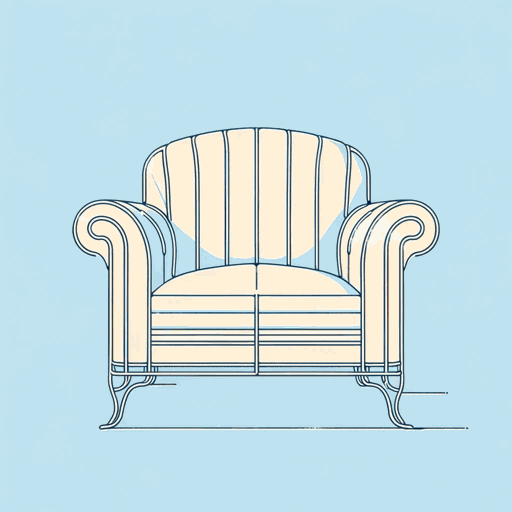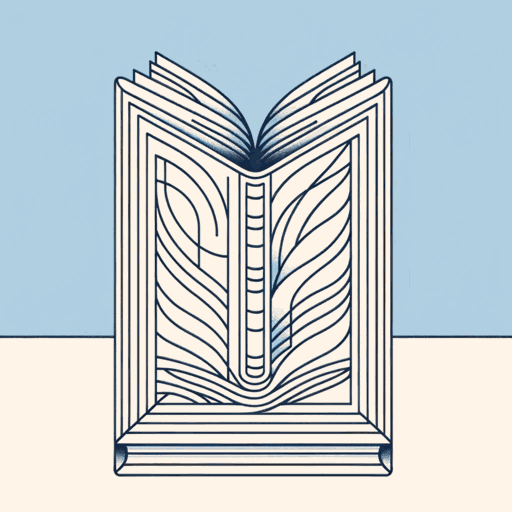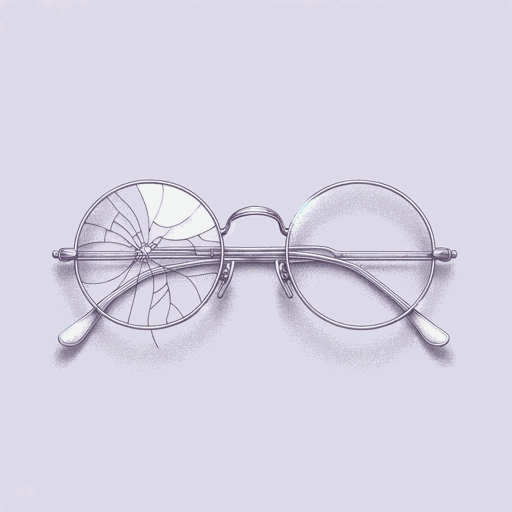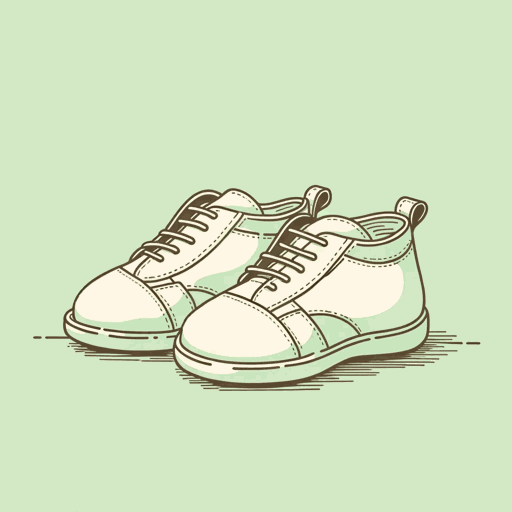39 pages • 1 hour read
Sigmund FreudThree Essays on the Theory of Sexuality
Nonfiction | Book | Adult | Published in 1905A modern alternative to SparkNotes and CliffsNotes, SuperSummary offers high-quality Study Guides with detailed chapter summaries and analysis of major themes, characters, and more.
Themes
Childhood Sexuality and Psychosexual Development
Freud mentions more than once that the common assumption that sexuality is absent in human children until puberty is an error:
One feature of the popular view of the sexual instinct is that it is absent in childhood and only awakens in the period of life described as puberty. This, however, is not merely a simple error but one that has had grave consequences, for it is mainly to this idea that we owe our present ignorance of the fundamental conditions of sexual life. A thorough study of the sexual manifestations of childhood would probably reveal the essential characters of the sexual instinct and would show us the course of its development and the way in which it is put together from various sources (39).
For his part, Freud argues that childhood is actually fundamental to the development of human sexuality. Conversely, childhood sexuality is fundamental to the psychological development of a human adult.
According to Freud’s psychosexual theory of development, several distinct phases of sexual development are experienced in infancy and early childhood. Infants start by indulging in what Freud calls autoerotic acts, such as thumb-sucking (74-75), which is a means by which infants recreate the experience of breastfeeding when they are left alone.
Related Titles
By Sigmund Freud

Civilization And Its Discontents
Sigmund Freud

Moses and Monotheism
Sigmund Freud

On Dreams
Sigmund Freud

The Freud Reader
Sigmund Freud

The Future of an Illusion
Sigmund Freud

The Interpretation of Dreams
Sigmund Freud

The Uncanny
Sigmund Freud

